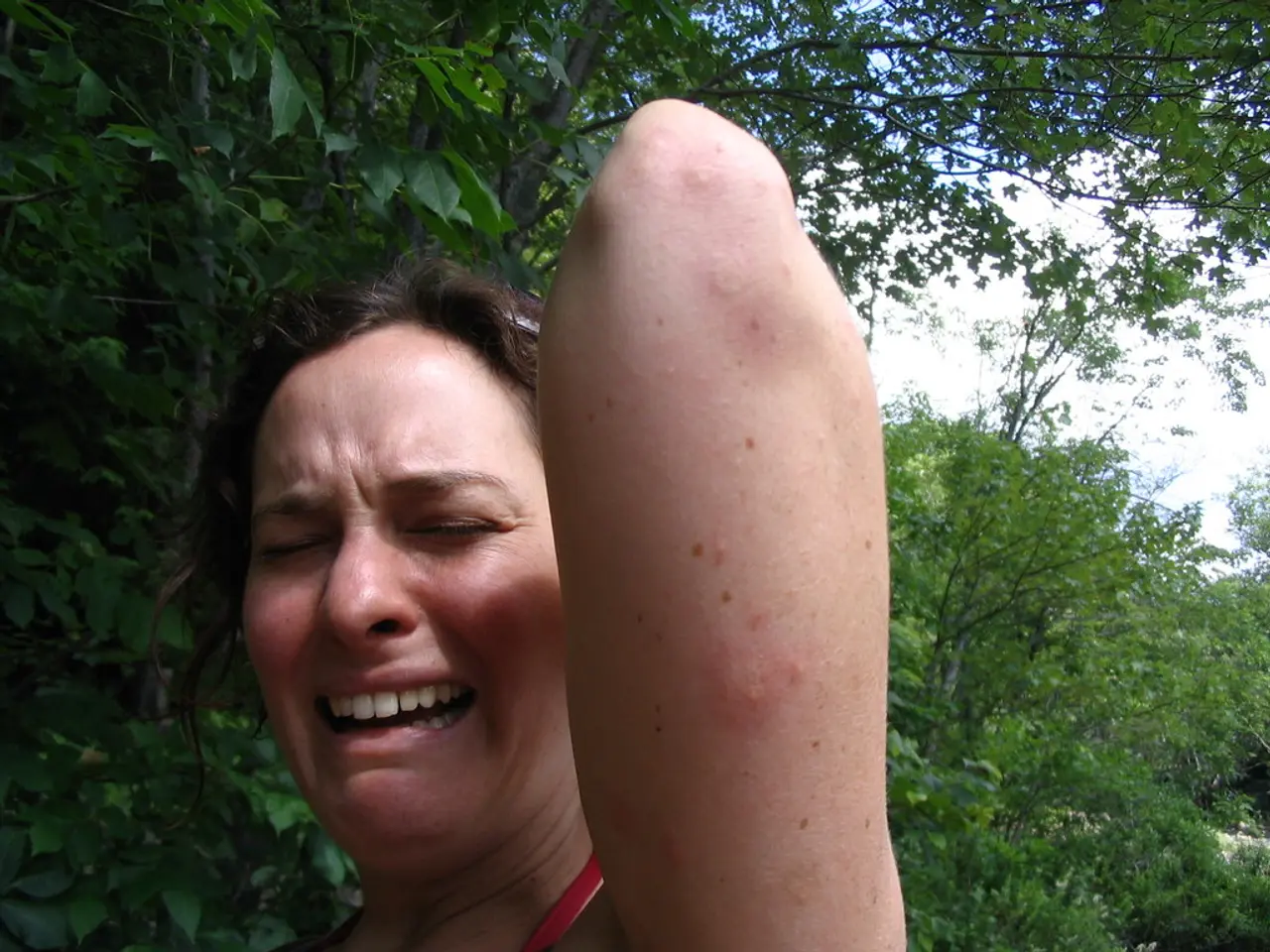Experiencing distress from social rejection? Learn about rejection sensitivity dysphoria and coping strategies for managing its impact on your life.
Rejection Sensitivity Dysphoria (RSD) is a condition that can affect individuals with ADHD, causing profound unease or dissatisfaction following perceived rejection, criticism, or failure. RSD is characterized by specific behaviors such as sudden emotional outbursts, negative self-talk, avoidance of social situations, relationship difficulties, and heightened sensitivity to perceived rejection [1][2][3].
Effective management of RSD involves a combination of therapeutic approaches, medication, coping skills development, and supportive environments. Cognitive Behavioral Therapy (CBT) and Dialectical Behavior Therapy (DBT) are commonly used to help individuals reframe negative thoughts, improve emotional regulation, and build resilience [1][2][3]. ADHD medications such as stimulants (e.g., methylphenidate) or non-stimulants (e.g., atomoxetine) can also reduce emotional sensitivity by improving overall ADHD symptom control [3].
Practical coping strategies include mindfulness practices (e.g., deep breathing, meditation), grounding techniques (such as box breathing or engaging senses), and positive self-talk, which help calm intense emotional reactions and challenge feelings of unworthiness or rejection [1][2][4]. Social skills training and ADHD coaching assist in developing interpersonal skills and confidence to better handle social rejection fears [1][3]. Building a supportive network of understanding family and friends further buffers feelings of rejection and fosters emotional safety [1][2].
In managing RSD, clear and gentle communication from others is important, as vague or sarcastic comments can exacerbate RSD responses [4]. Identifying specific personal triggers allows for creating tailored coping plans involving breaks or distraction when overwhelming emotions arise [1]. Early emotional education and learning to articulate feelings also contribute to long-term symptom management [4].
It is crucial for individuals experiencing RSD to consult with a therapist or mental health professional to better understand their experiences and determine the underlying condition that may require treatment [5]. Writing down notes about one's day can help lay the groundwork with a therapist [6].
Acting defensively is a common response to mild criticisms for people with RSD [7]. Social skills training can boost confidence and reduce the likelihood of misinterpreting social cues for those with RSD [8]. Grounding techniques can help calm the nervous system and bring one back to the present moment [9]. Self-compassion is a crucial coping strategy for individuals experiencing RSD [10].
While RSD is not officially recognized as a diagnosis in the Diagnostic and Statistical Manual of Mental Disorders (DSM), it was first introduced by Dr. William Dodson, a leading expert in ADHD [11]. RSD can affect individuals with social anxiety or depression, but it is most prevalent among neurodivergent individuals [2]. RSD can trigger overwhelming feelings of sadness, worthlessness, or despair in individuals [12]. People with RSD often avoid social situations to prevent feelings of rejection [13]. People with RSD often have intense emotional responses to minor slights or situations [14].
In conclusion, managing RSD involves integrated approaches: therapy, sometimes medication, tailored self-care techniques, strong social support, and clear communication to reduce the impact of perceived rejection on emotional well-being in individuals with ADHD [1][2][3][4].
Engaging in health-and-wellness practices, such as mindfulness and self-compassion, can help individuals with Rejection Sensitivity Dysphoria (RSD) better manage their emotional responses and build resilience [1][2][4][10]. Effective mental health treatment for RSD may also include cognitive behavioral therapy (CBT), dialectical behavior therapy (DBT), and social skills training to address negative self-talk, relationship difficulties, and improve emotional regulation [1][2][3][8].




